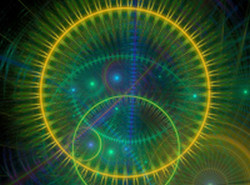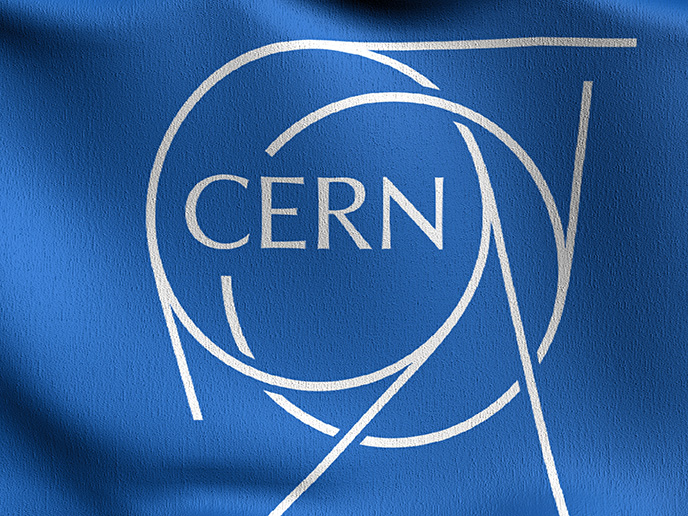Collaborative research on accelerators
Large European research facilities such as those of the European Organization for Nuclear Research (CERN) are providing invaluable insights into particle and nuclear physics. However, their size, complexity and cost, coupled with the technological advances required to implement successful upgrades, call for more strengthened and integrated European efforts. The 'European coordination for accelerator research and development' (EUCARD)(opens in new window) project represented a common effort to develop the potential and performance of particle accelerators and to upgrade infrastructures. The project brought the added value of collaborative work between European, Russian, Japanese and US accelerator laboratories, institutes and universities, as well as some small companies. The project newsletter was extended to all other FP7 accelerator –related projects, and is gradually becoming, under the name of “Accelerating News”, the electronic newspaper of the field. An essential ingredient to exchange and strengthen collaborations was EUCARD networking activities. These concerned topics such as neutrino facilities, and accelerator and collider performance as well as radio frequency (RF) technologies. Transnational access was granted to users of beam and advanced test facilities. Beyond project successes in networking and the establishment of open facilities, joint research initiatives represented the backbone of the EUCARD project. These were related to high-field magnets, collimators and materials, normal conducting linacs, superconducting RF technologies, and innovative accelerator concepts. EUCARD scientific and technological activities produced results with important potential impacts on the upgrades of major accelerator infrastructures and on future projects and scientific roadmaps. Over 40 topical workshops were organised on diverse scientific and technological topics, from innovative crab cavities to roadmaps towards novel frontier accelerators. The first developed high-field magnet should open the door to a new generation of energy-frontier accelerators, including Large Hadron Collider energy upgrade. Another important achievement was the development of a high-temperature superconducting electrical link, allowing efficient remote magnet powering. Novel, more robust materials were characterised for collimation jaws. A smart collimator and cryo-catcher were designed, built and successfully tested. The active mechanical stabilisation of magnets to a nanometre fraction was impressive, as were the highly sophisticated simulations of RF break-downs, showing new microscopic mechanisms. EUCARD developments are contributing to enabling advances in particle, nuclear and light physics that bring society a few steps closer to fundamental questions on our origins as well as to societal applications.




